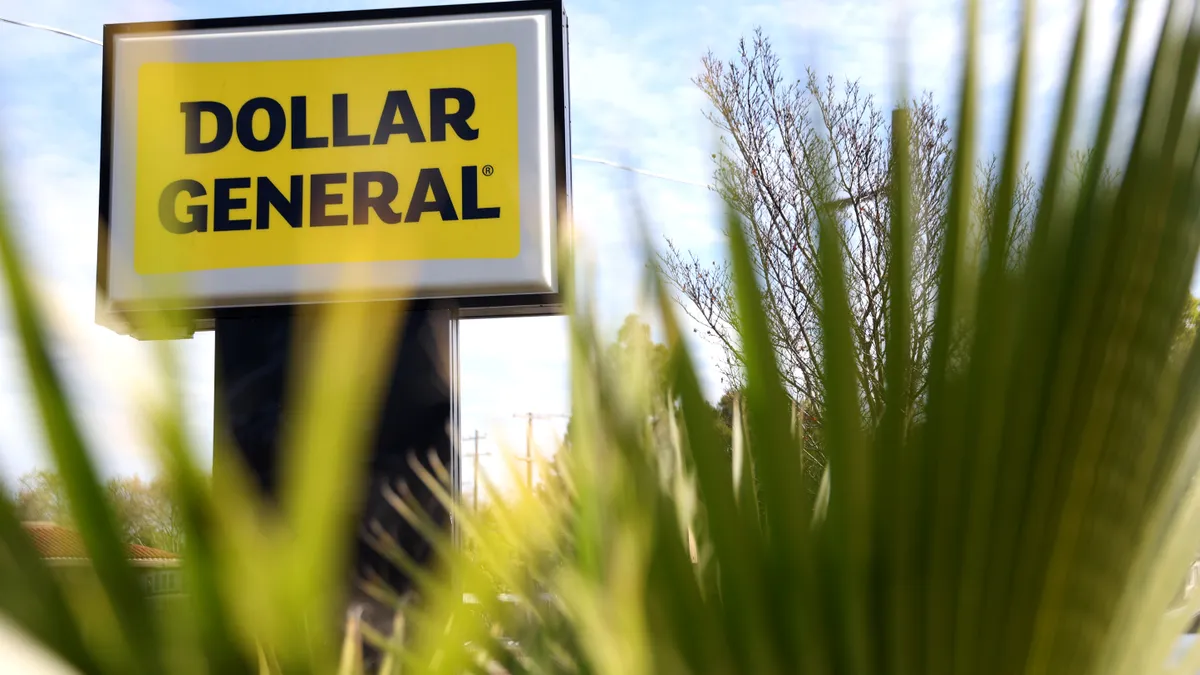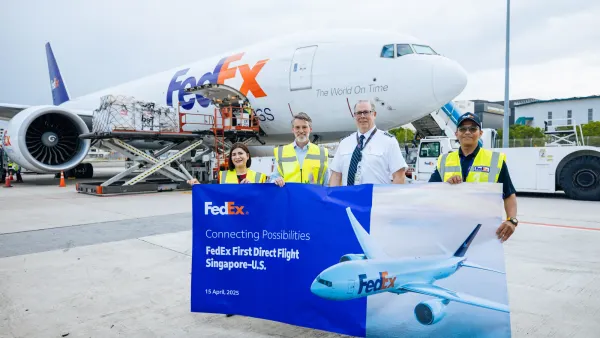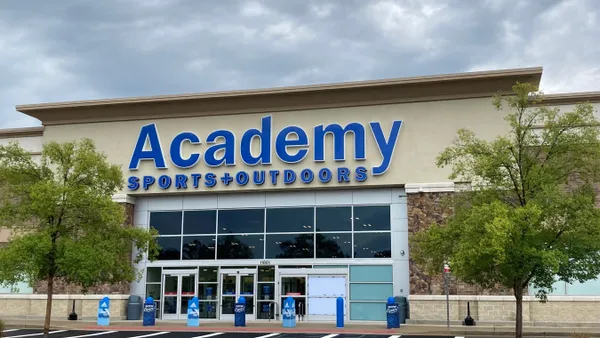Dive Brief:
- Chocolate companies are increasing the traceability of their supply chains, according to the World Cocoa Foundation. They were able to track 82% of their direct cocoa purchases in Ghana and 74% in Ivory Coast in 2020, from farm to point of purchase.
- Increasing traceability into direct supply chains in the two countries involved mapping roughly 605,000 cocoa farms, with the goal of achieving full traceability of the cocoa supply chain. Ivory Coast is using Vivid Economics' Images satellite system to provide deforestation alerts through its partnership with the Cocoa & Forests Initiative — an effort between Ivory Coast, Ghana and 35 chocolate and cocoa companies.
- Through the initiative, 10 million trees were planted in Ivory Coast and 226,000 hectares of forest area restored in Ghana in 2020 to protect against deforestation.
Dive Insight:
As managers of food supply chains procure supplies, they must also meet the increasing expectations of consumers seeking transparency. In the cocoa and chocolate industry, visibility into direct sourcing provides companies information they can share with consumers concerned with issues such as deforestation.
Many of the world's chocolate makers — Cargill, Hershey, Mars, Mondelez, Nestle and others — have already joined the World Cocoa Foundation to address deforestation concerns.
Hershey, for example, announced this year it enacted a company policy to end deforestation in its supply chain by 2030. The policy focused on products that had the greatest risk of causing deforestation, including cocoa, palm oil and soy. Hershey has worked with CFI to restore forests and support sustainable cocoa production.
Cargill also created a strategy to eliminate deforestation by 2030. Its Protect Our Planet plan outlined steps to reach 100% traceability by 2020 and included the company's commitment to not convert any additional forest land for cocoa production in Ghana and Ivory Coast — where nearly 60% of the world's cocoa is produced.
Deforestation, caused by aggressive farming practices, can lead to shortages and long-term disruptions to supply chains. One important step to combating deforestation is adding transparency into sourcing.
Companies used technology such as barcodes and digital point-to-point systems to track cocoa from farm to warehouse and throughout the chain, according to the 2020 CFI Annual Report. Cargill noted the ability to trace cocoa digitally to the farm level helps the company understand cocoa production's environmental impact, and take action to improve practices.
But financing the implementation and maintenance of a unified traceability system to track cocoa and chocolate products to reach full transparency is a challenge, the report said.
Supply chain transparency allows companies to better meet their deforestation goals by knowing where products come from and how suppliers farm the land. Tracing and mapping suppliers help companies figure out who is using sustainable practices and who is not.
With that information, companies can decide whether to work with suppliers to improve practices or cut ties, keeping relationships with the suppliers in line with their deforestation goals.
Without transparency, companies run the risk of missing goals and having to deal with the public consequences.
This story was first published in our weekly newsletter, Supply Chain Dive: Procurement. Sign up here.














